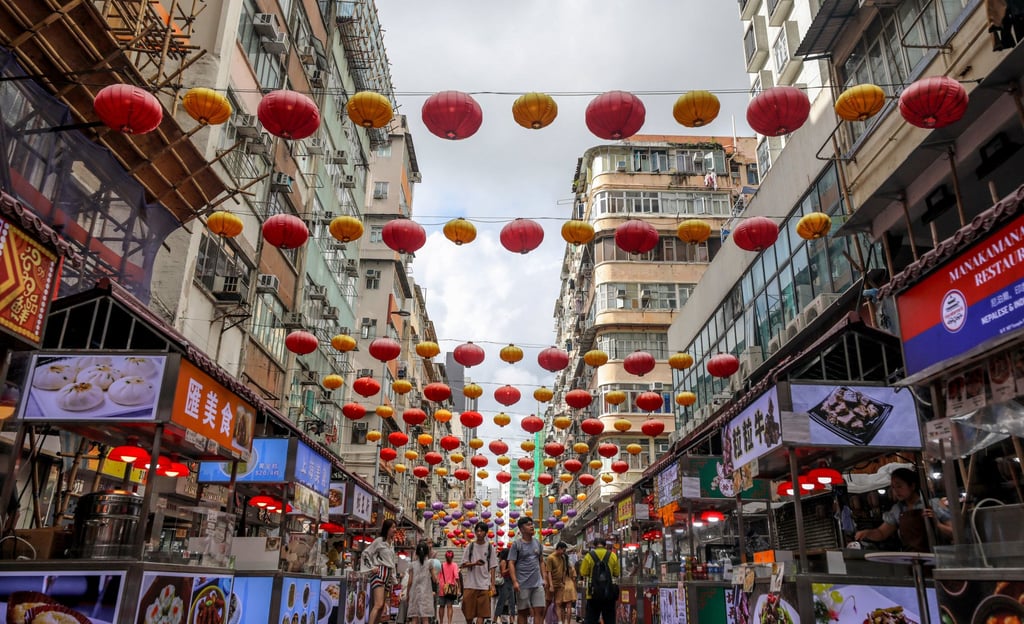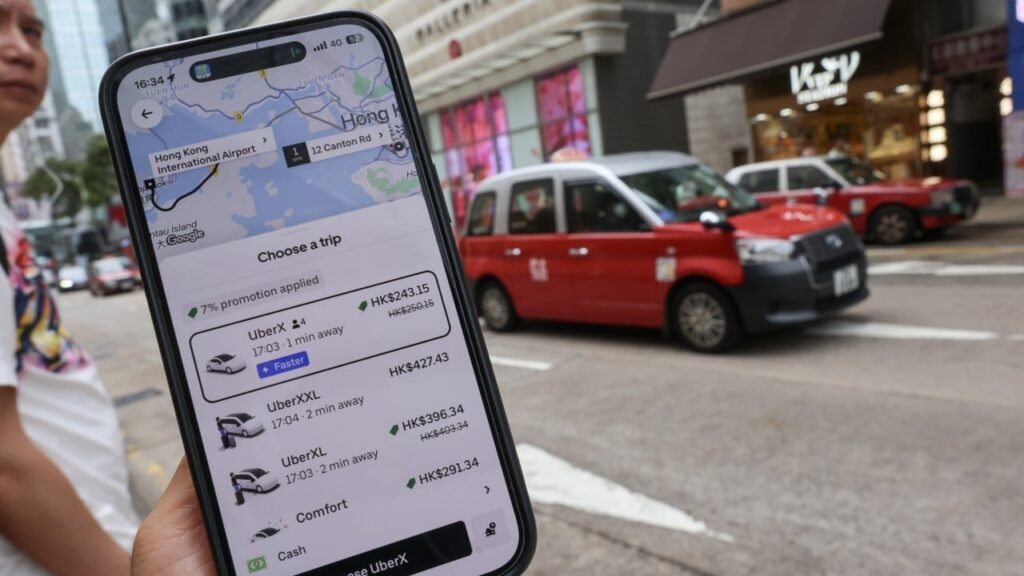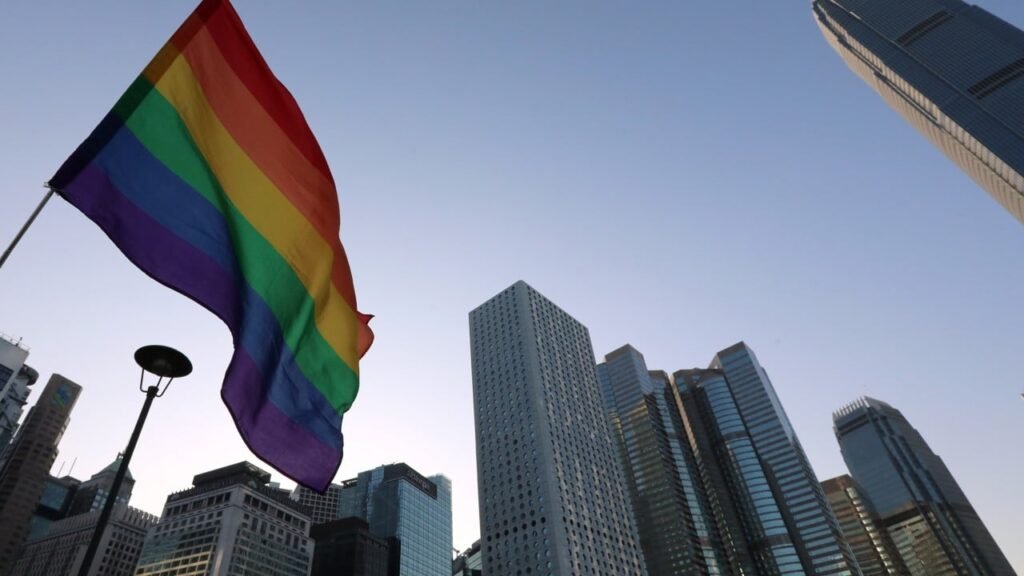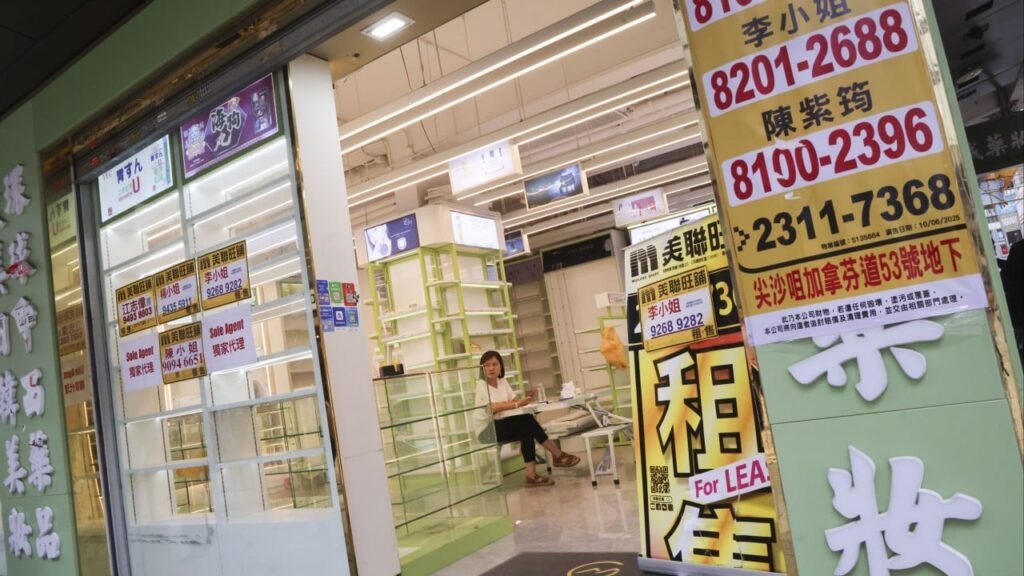By capping supply through burdensome licensing requirements, the government disrupts the very markets it claims to foster. Take, for example, Hong Kong’s iconic street markets, like the Ladies’ Market in Mong Kok and Temple Street in Yau Ma Tei. These popular tourist destinations have not seen any new hawker licences issued since 1972. A report by the Legco Secretariat highlights how strict transfer conditions and the ageing of the licensees is likely to lead to a decline in some hawking activities. Meanwhile, the issuance of taxi plates has been stagnant for more than a decade. When the same entity is responsible for both regulation and licensing, there is little motivation to increase supply, as more licences would simply add to its workload.
What began as a legitimate effort to mitigate safety risks and other negative impacts has devolved into bureaucratic inertia. Even if potential applicants meet all requirements, there is little incentive to issue new permits. This mindset leads to a “better-safe-than-sorry” approach: why lift a decades-old freeze if maintaining the status quo incurs no immediate consequences? Civil servants contemplating the first new hawker licence in half a century are likely to fear the ramifications of public scrutiny and internal criticism, aligning with the Cantonese saying: “No action means no mistakes.”

Moreover, entrenched licensees can wield disproportionate power, forestalling necessary changes. Taxi plate owners and drivers can organise strikes to block roads, while elderly care providers frequently escape scrutiny even in the face of repeated abuse allegations. In contrast, individual hawkers – many of whom are elderly and struggling to make ends meet – lack the clout to challenge arbitrary enforcement. This creates a system where those with power rarely align with those championing justice.








